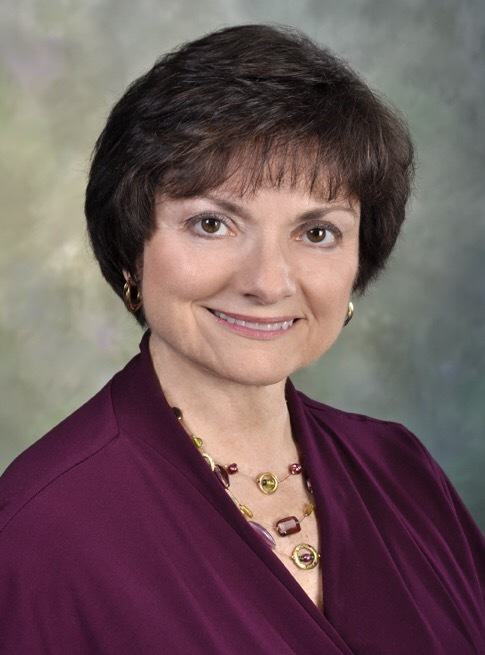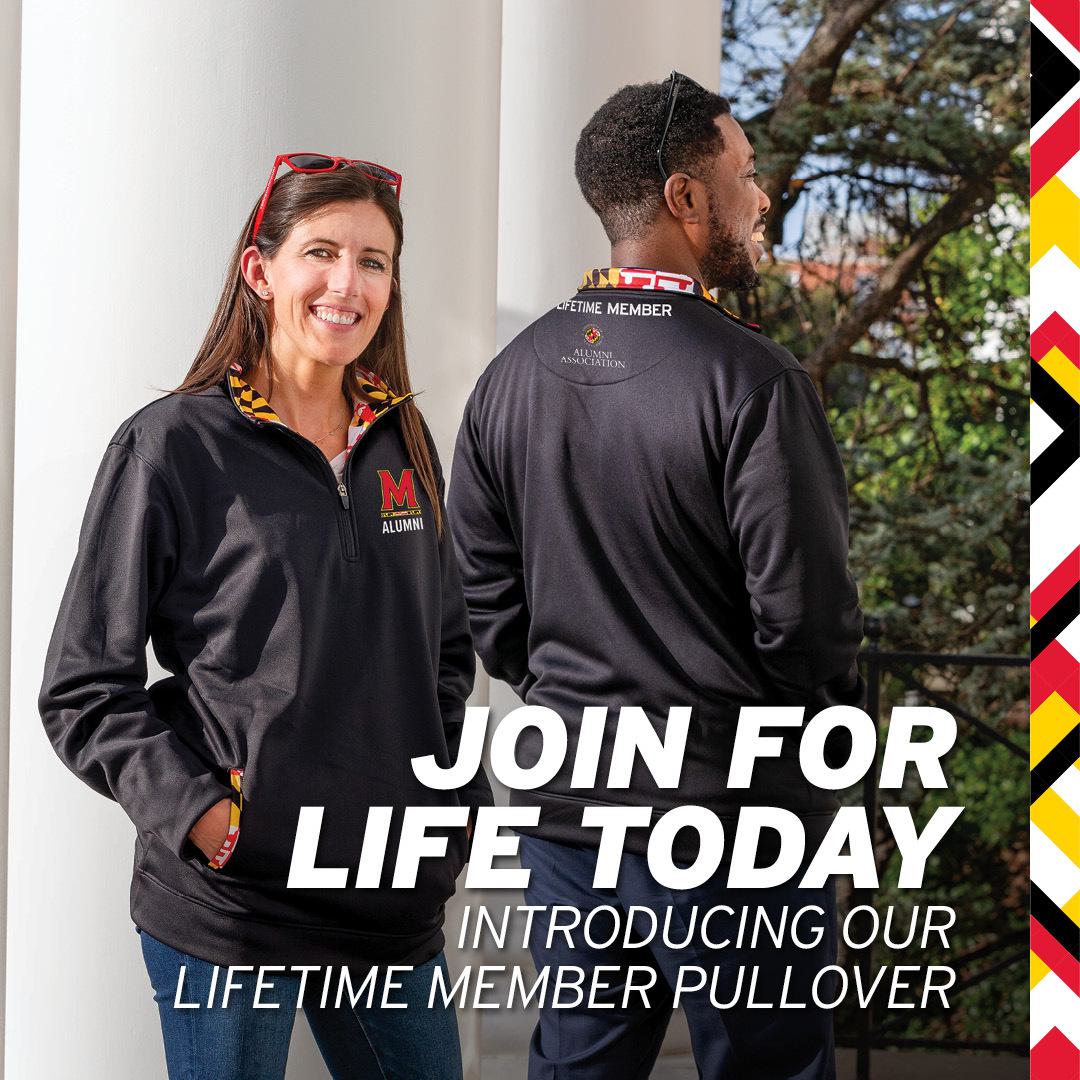Alumni Excellence Awards: EnTERPreneur Award Recipient Joshua Jeffries MBA ’11
Alumni Excellence Awards: EnTERPreneur Award Recipient Joshua Jeffries MBA ’11

By Andrew Faught
It’s a situation familiar to many American healthcare consumers: Since 2000, health insurance premiums have outpaced inflation in most years, according to the Kaiser Family Foundation.
Joshua Jeffries MBA ’11 is helping lead efforts to cut costs. The entrepreneur, health reform strategist, and employee benefit professional is pioneering what’s known as direct contracting.
“It’s the most innovative part of my practice, which very few people engage in because it's hard work,” says Jeffries, managing director at Bethesda, Maryland-based Risk Strategies Company (RSC), an insurance brokerage and risk management firm. “I create direct contracts between hospital systems, providers, and large self-funded employers, essentially bypassing traditional provider networks where possible. We facilitate direct relationships between the parties providing the care and those paying for that care.”
Such an approach can cut costs by 12% to 30% or more, notes Jeffries, who is a founding investor in Health Rosetta, a collaboration of health professionals and business leaders working to build a new and more affordable “ecosystem” for medical care.
RSC, which Jeffries and his partner sold in 2018, has grown from $200 million in revenues to more than $1.6 billion in revenues today. The company provides “insurance solutions,” risk management and consulting services designed to meet the needs of businesses and individuals.
Through Jeffries’ direct contracting efforts, consumers make copayments, but there are no deductibles or coinsurance.
“So the employee gets a better care experience and it’s less money out of pocket, and the hospital wins because they’re getting paid faster,” he says. “We’ve got over 35,000 providers direct contracted, but I expect to see it accelerate pretty significantly over the next few years.”
There are abiding challenges. Benefits advisers are commission driven, and there is little benefit to turning up less expensive options, Jeffries says. But he remains optimistic: “I think it’s just going to take some time. There are fiduciary liability issues that are at hand, and we’re seeing transparency come to the marketplace.”
He points to businesses such as Johnson & Johnson, the pharmaceutical and technology giant that in 2024 sued health insurer Cigna, accusing the company of working with a drug-benefit middleman to drain financial-assistance plans earmarked to cover pricier prescription medications.
It was in Maryland’s executive MBA program that Jeffries got to meet a diverse range of professionals, from entrepreneurs to large company executives. The exposure, he says, helped him move beyond a risk-taking mindset of a startup entrepreneur, to that of a more rounded business leader focused on the greater good.
Jeffries’ entrepreneurial ambitions extend to his personal passions. He’s the owner of Fast Lane Drive, a members-only car club. In 2024, he launched six car clubs in various locations along the East Coast, bringing to 18 the total number of Fast Lane Drive clubs around the world.
By the second and third year of operations, the clubs, which center on exotic sports models that include Ferrari, McLaren, Lamborghini and Bugatti, generate between $750,000 and $1 million in annual revenues. (Among Jeffries’ many personal vehicles is a 2021 Ferrari 812 GTS, a production front-engine, 12-cylinder, open-top, only the second time in 50 years the brand has offered such a vehicle; and a 2024 McLaren 750S Spider, owning a one-of-one design through McLaren Special Operations.)
When it comes to entrepreneurship, Jeffries is clear about his motivations.
“For me, it’s about creation and collaboration,” he says. “I love moving things forward. I like adding value to other people’s lives.”

Alumni Excellence Awards: Legacy Award Recipient Sue Bredekamp ’72, ’76, Ph.D. ’85

Alumni Excellence Awards: Rising Terp Recipient Rick Marving Tamno ’17, ’20

Alumni Excellence Awards: Legacy Award Recipient Dorothy Weinstein ’84


